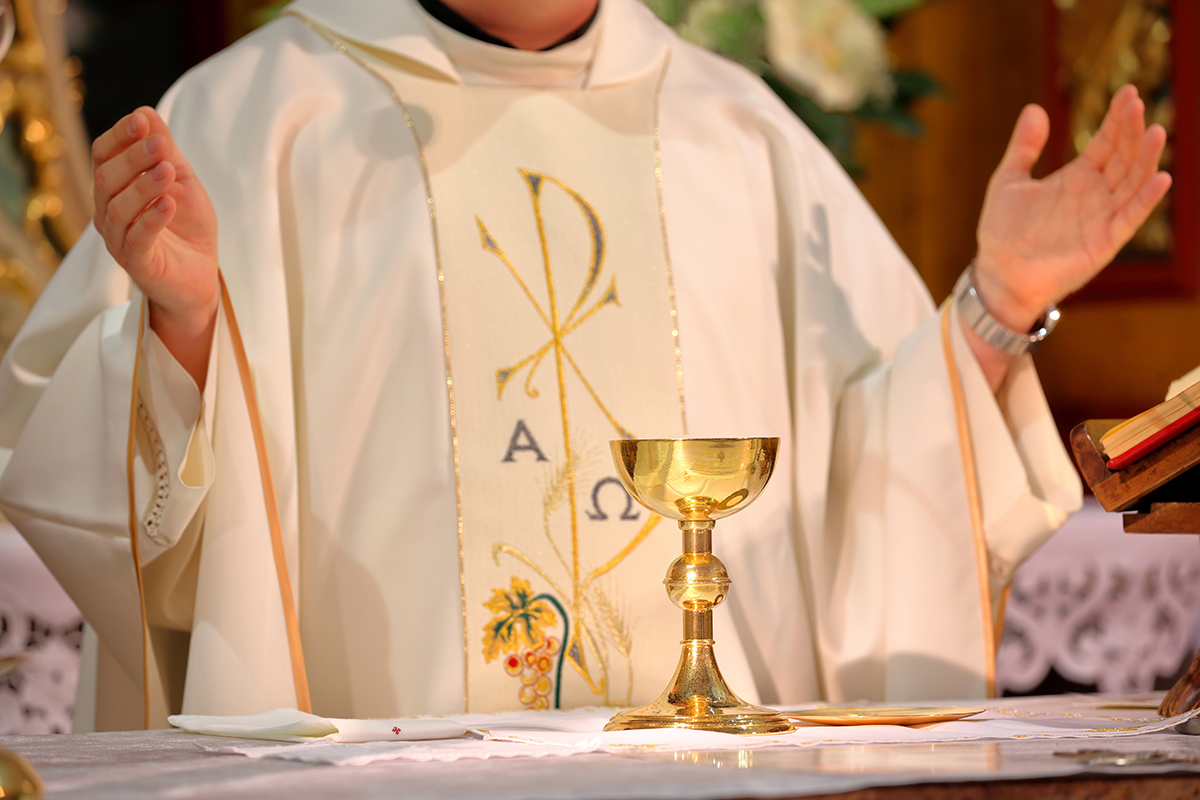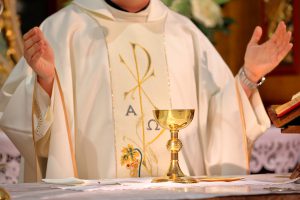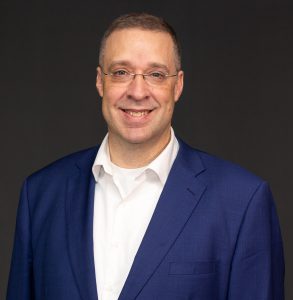
Question:
How do I explain my acceptance of the Church’s teaching in light of the sinfulness of her leaders?
Answer:

Sadly, this question and ones like it are all too common today, given the abuse scandals that have come to light in recent decades. For many people, there is a real difficulty in belonging to the Catholic Church in light of the faults and imperfections—large or small—of her leaders. Whether this is a challenge for us personally or for someone we know, it’s important to respond to this difficulty, raised by both Catholics and others alike.
Let’s begin by stating an obvious truth: the only sinless people who have ever existed are Jesus and his mother, Mary. This means everyone in the Church—the popes, the bishops, the priests, the religious and each one of us—is imperfect in one way or another. Someone made the comment that if you go looking for the perfect church, remember it’ll cease to be perfect as soon as you join it.
Having said that, we must also recognize and acknowledge this does not justify the monstrous kinds of sins and coverups we’ve learned about in recent years. To paraphrase Jesus himself, to whom much is given, much is expected (Cf. Luke 12:48), and our priests, bishops and popes have indeed been given much, and therefore it is understandable that we would expect more of them.
Not only that, but in order to be effective, leaders are called to set an example, and hence it is also right to expect more of our church leadership in terms of the kinds of lives they lead.
What, then, about remaining (or becoming) Catholic in light of the serious sinfulness of some of her leaders, past and present? Here we must remember this important point: the focus of our faith as Catholics, the reason we are Catholic and belong to the Catholic Church, is not ultimately because of the holiness of church leadership. In the end, we are Catholic because we recognize that the Catholic Church—warts and all—is the Church founded by Jesus Christ, and we trust in his promise that he will guide the Church and ensure her teachings are always his. Let me give a related example to explain this further.
The Bible—the written Word of God—was written by sinful men. The fact they were imperfect, however, did not prevent God from working in and through them to write his inspired word. As the saying goes, God can draw straight lines with crooked people, even very crooked people. And some of the human authors of Scripture did very, very crooked things: Moses killed a man, as did King David, and Peter denied Jesus. Yet all of them wrote various parts of the Bible, even though they’d committed horrible sins.
The same principle applies to the Church: Jesus promised his Church would always and only teach his teachings. That doesn’t mean everything church leaders do is perfect, but it does mean everything church leaders—the pope and the bishops in union with him—teach is true. So just as the Holy Spirit was able to lead St. Peter to teach God’s truth when he wrote his letters, which eventually found their way into the Bible, so, too, is the Holy Spirit able to lead Peter’s successors, the popes, to teach God’s truth when they officially teach.
Just as importantly, this principle also applies to the sacraments of the Church, the primary means established by Jesus to give us his life, his love, his grace. Early in Church history, the problem arose of whether or not clergy who had committed serious sins—in that case, going so far as to deny the faith—could validly celebrate the sacraments: that is, whether or not the sacraments celebrated by sinners “worked.” And the Church declared firmly and clearly that they did, because, as with the teachings of the Church, it is primarily God who is at work in the sacraments, and again, he is able to draw straight lines with crooked people.
 We must always remember, then, no matter the imperfections of sisters, priests or bishops, Jesus will guide his Church and through her teach the fullness of truth and offer us the sacraments of salvation.
We must always remember, then, no matter the imperfections of sisters, priests or bishops, Jesus will guide his Church and through her teach the fullness of truth and offer us the sacraments of salvation.
Be sure to check out the additional resources at sfcatholic.org/answer. If you have a question you need an answer to, email rkranz@sfcatholic.org.
Chris Burgwald holds a doctorate in theology and is the director of discipleship formation for the Diocese of Sioux Falls.


